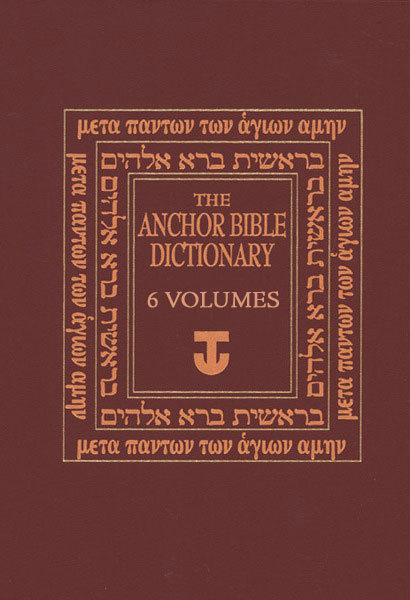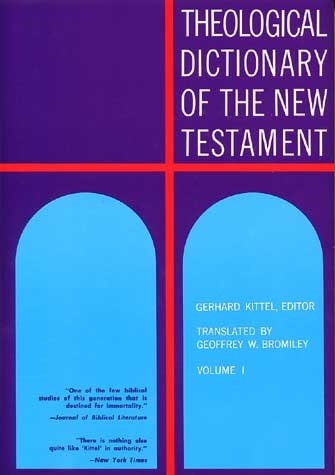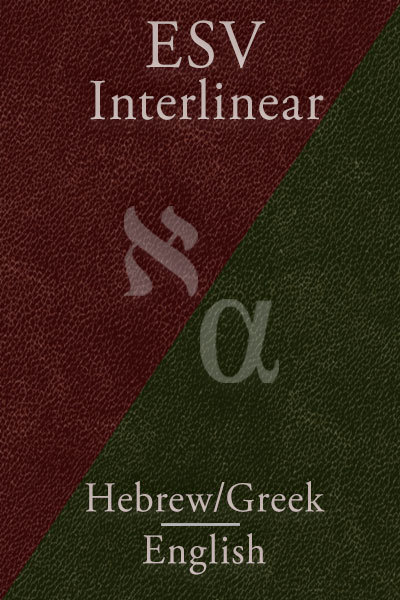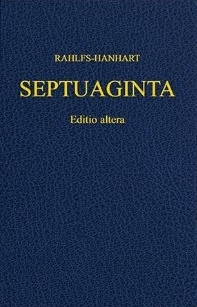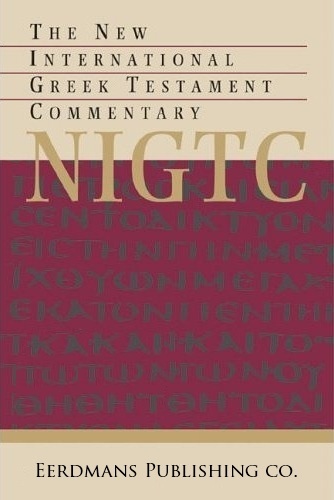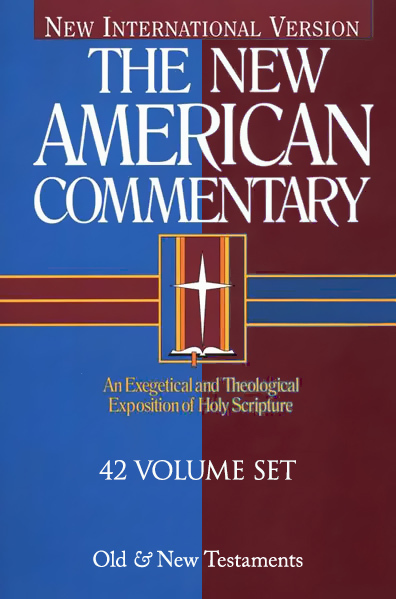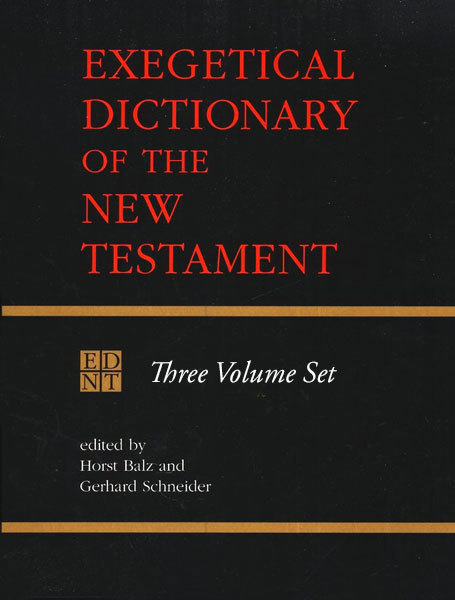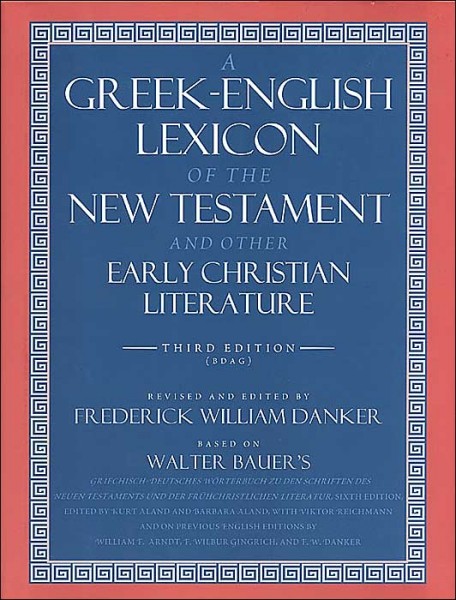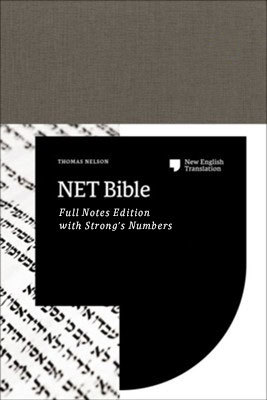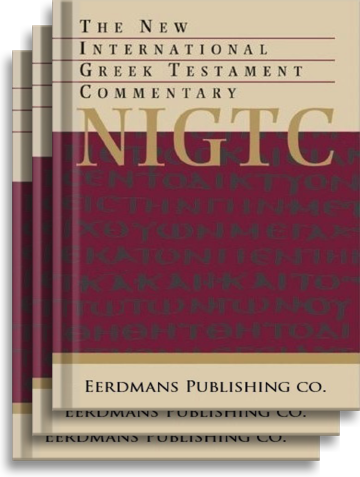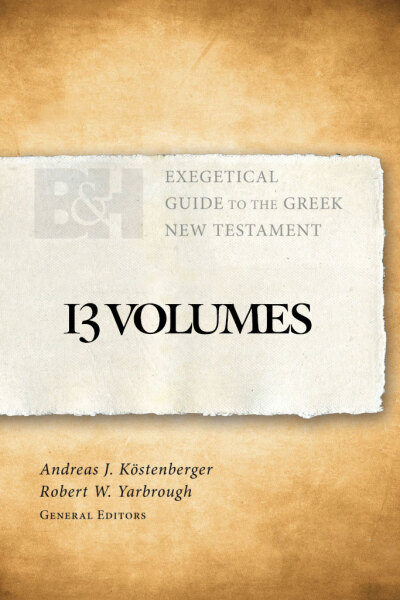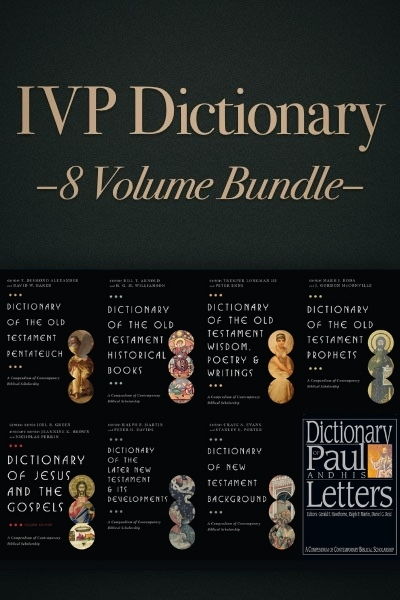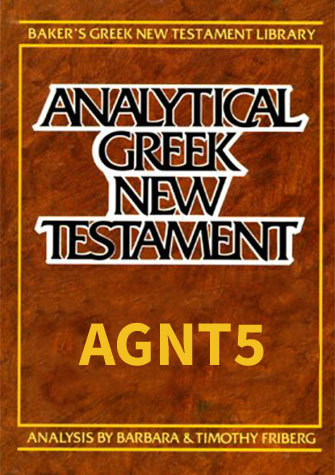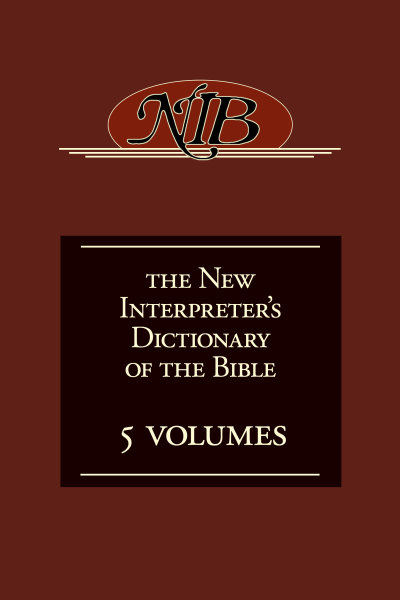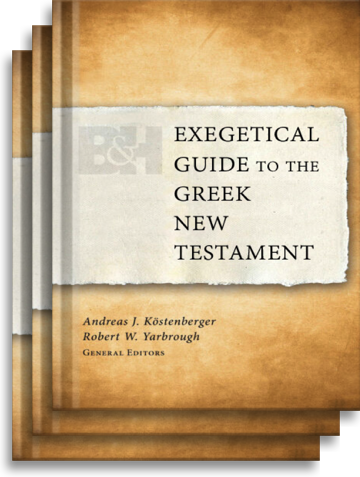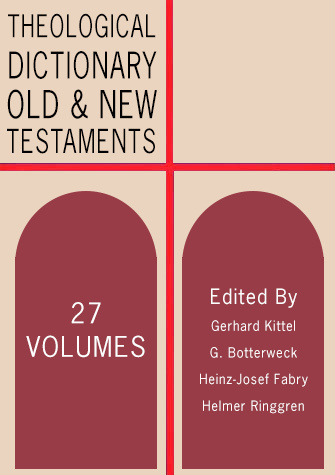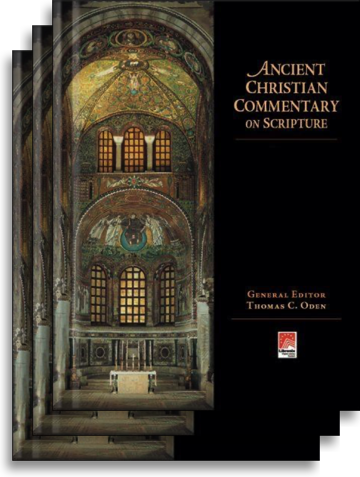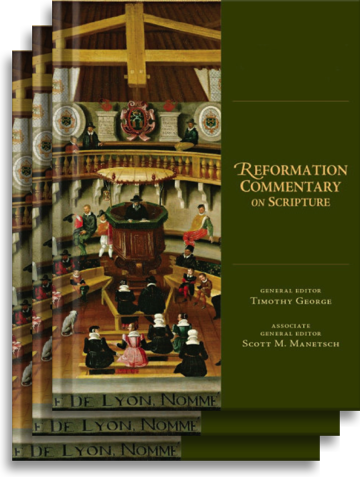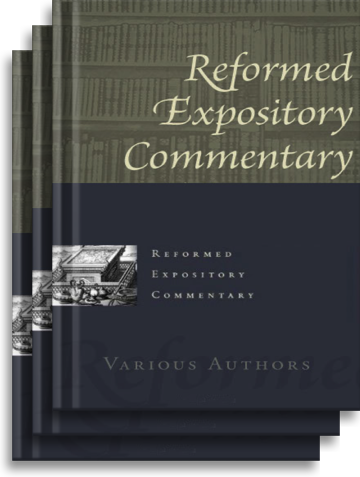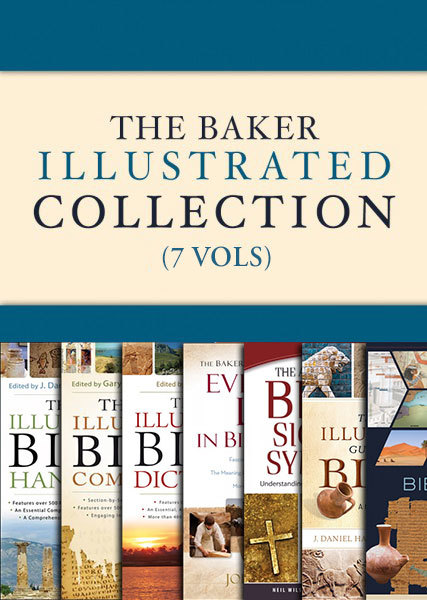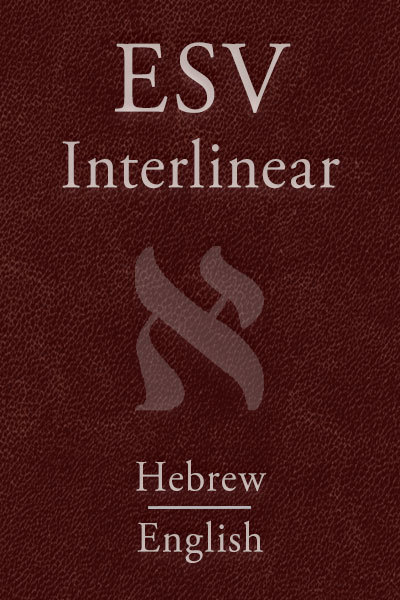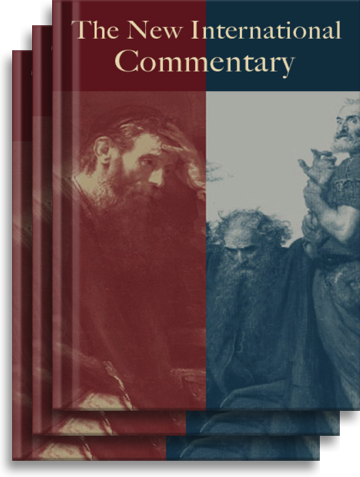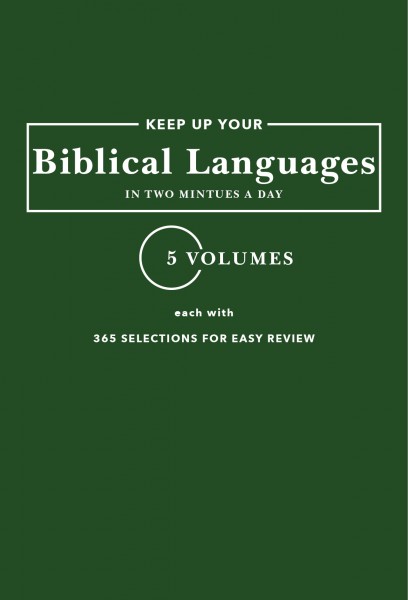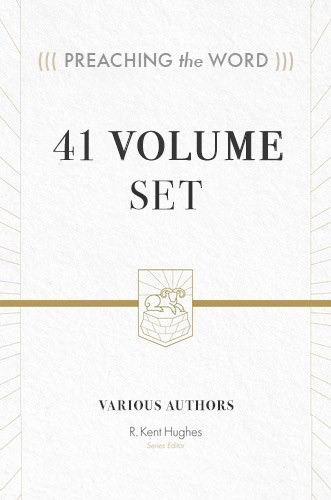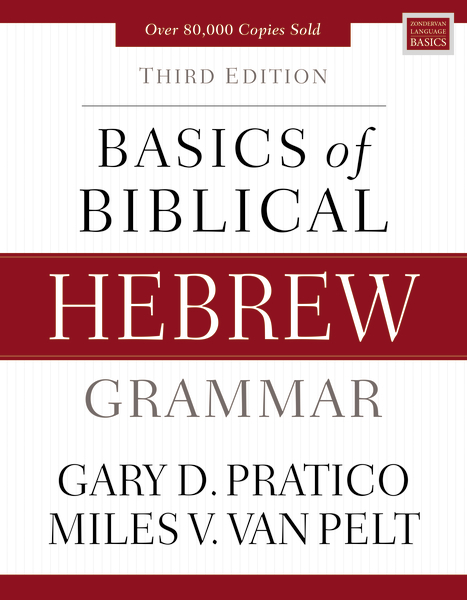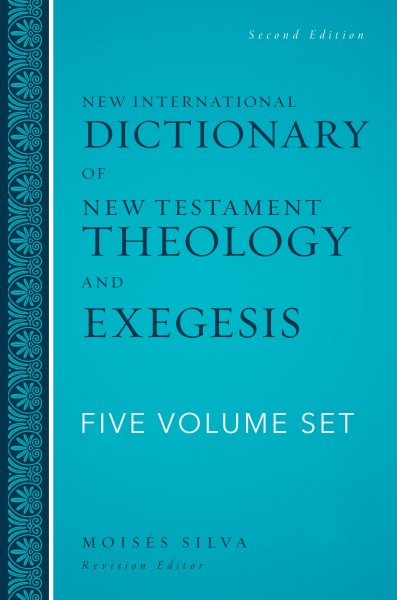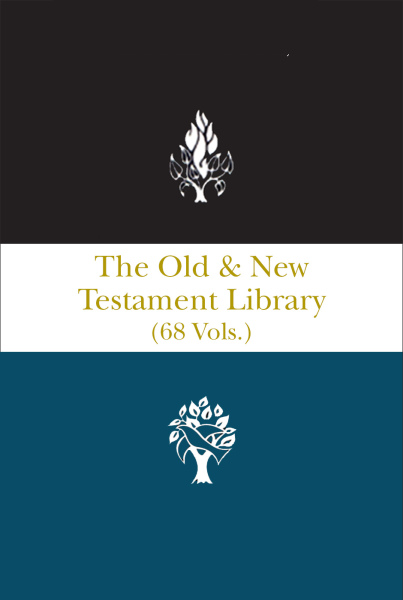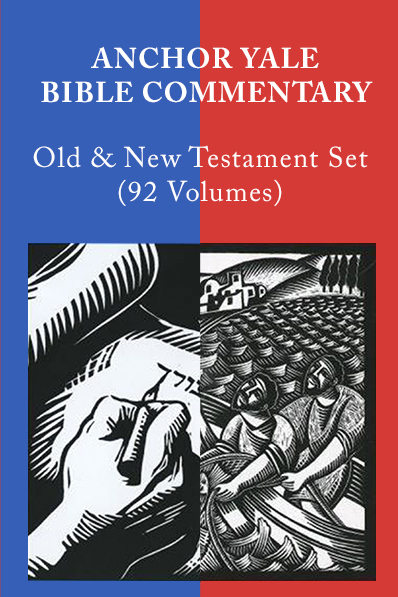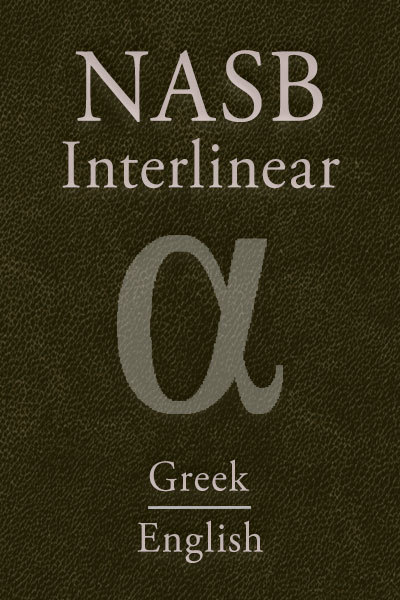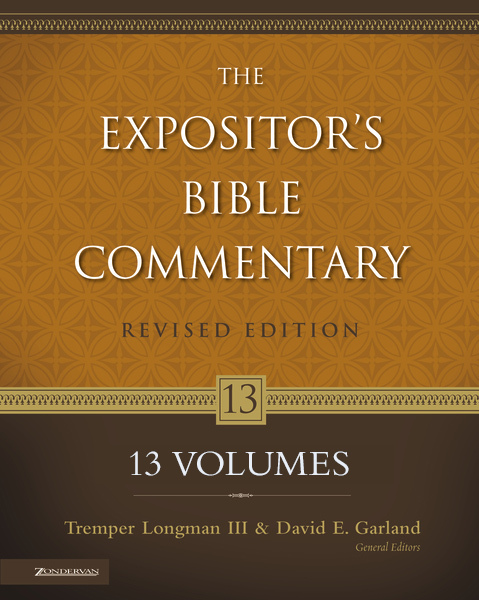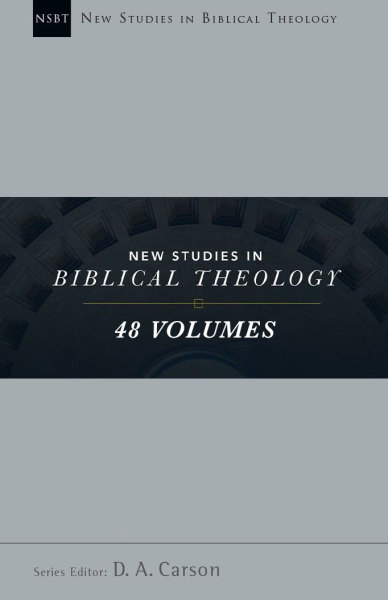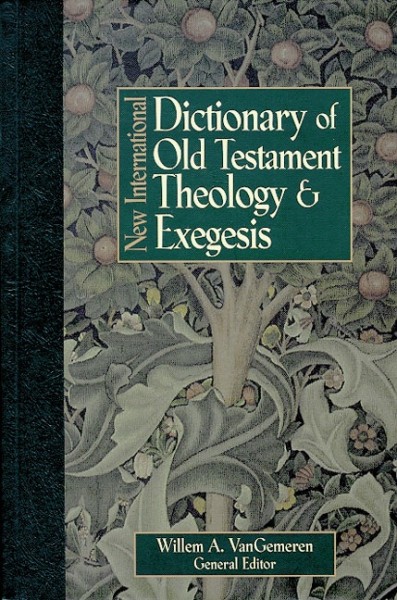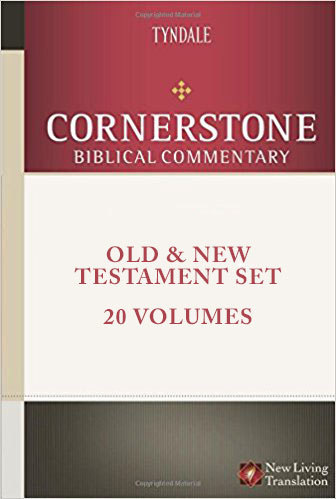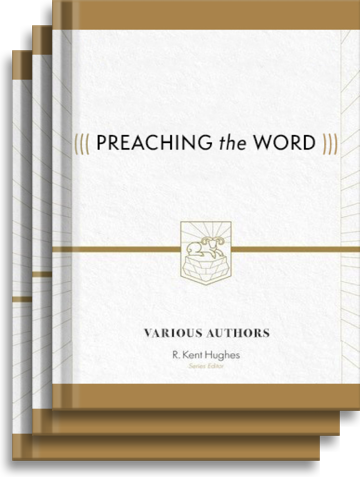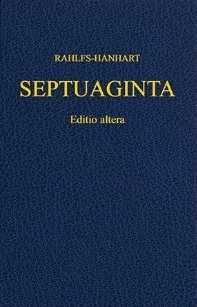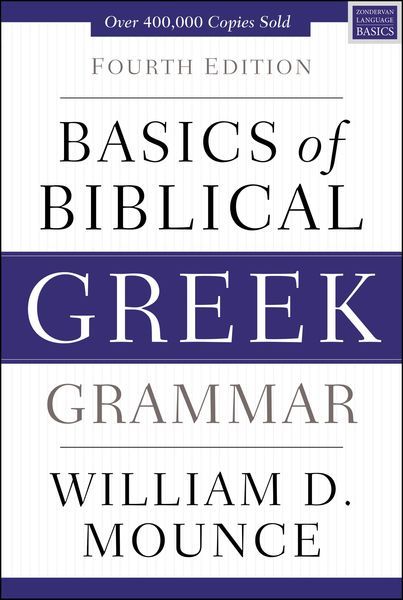

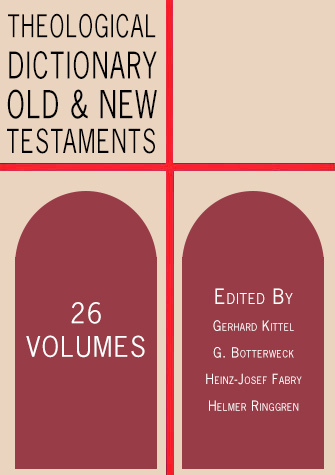

This 26-volume collection combines the classic Theological Dictionary of the New Testament (TDNT) with the recently updated Theological Dictionary of the Old Testament.
Theological Dictionary of the New Testament
This monumental reference work, complete in ten volumes, is the authorized and unabridged translation of the famous Theologisches Wörterbuch zum Neuen Testament, known commonly as "Kittel" and considered by many scholars to be the best New Testament Dictionary ever compiled. Mediating between ordinary lexicography and the specific task of exposition, TDNT treats more that 2,300 theologically significant New Testament words, including the more important prepositions and numbers as well as many proper names from the Old Testament. Presenting the words in the order of the Greek alphabet, TDNT typically discusses the following for each word: its secular Greek background, its role in the Old Testament, its use in extra-biblical Jewish literature, and its varied uses in the New Testament. Substantial bibliographies and footnotes supplement the articles.
Theological Dictionary of the Old Testament
The Theological Dictionary of the Old Testament (TDOT) is still proving to be as fundamental to Old Testament studies as its companion set, the Kittel-Friedrich Theological Dictionary of the New Testament, has been to New Testament studies.
Beginning with ’ābh (’āb), “father,” and continuing through the alphabet, the TDOT volumes present in-depth discussions of the key Hebrew and Aramaic words in the Old Testament. Leading scholars of various religious traditions (including Roman Catholic, Lutheran, Reformed, Anglican, Greek Orthodox, and Jewish) and from many parts of the world (Denmark, France, Germany, Great Britain, Greece, Israel, Italy, the Netherlands, Norway, Sweden, Switzerland, and the United States) have been carefully selected for each article by editors Botterweck, Ringgren, and Fabry and their consultants, George W. Anderson, Henri Cazelles, David Noel Freedman, Shemaryahu Talmon, and Gerhard Wallis.
The intention of the writers is to concentrate on meaning, starting from the more general, everyday senses and building to an understanding of theologically significant concepts. To avoid artificially restricting the focus of the articles, TDOT considers under each keyword the larger groups of words that are related linguistically or semantically. The lexical work includes detailed surveys of a word’s occurrences, not only in biblical material but also in other ancient Near Eastern writings. Sumerian, Akkadian, Egyptian, Ethiopic, Ugaritic, and Northwest Semitic sources are surveyed, among others, as well as the Qumran texts and the Septuagint; and in cultures where no cognate word exists, the authors often consider cognate ideas.
TDOT’s emphasis, though, is on Hebrew terminology and on biblical usage. The contributors employ philology as well as form-critical and traditio-historical methods, with the aim of understanding the religious statements in the Old Testament. Extensive bibliographical information adds to the value of this reference work.
This English edition attempts to serve the needs of Old Testament students without the linguistic background of more advanced scholars; it does so, however, without sacrificing the needs of the latter. Ancient scripts (Hebrew, Greek, etc.) are regularly transliterated in a readable way, and meanings of foreign words are given in many cases where the meanings might be obvious to advanced scholars. Where the Hebrew text versification differs from that of English Bibles, the English verse appears in parentheses. Such features will help all earnest students of the Bible to avail themselves of the manifold theological insights contained in this monumental work.
Olive Tree also makes the TDOT and TDNT available individually:
Theological Dictionary of the Old Testament
Theological Dictionary of the New Testament
Video: How Bible Dictionaries & Encyclopedias work in the Olive Tree Bible App
G. Johannes Botterweck (1917 - 1981) was professor of Old Testament at Tübingen University from 1953-1959, and at Bonn University from 1960-1981.
Heinz-Josef Fabry is deacon of the Catholic Theological Faculty of Bonn University.
Karl Vilhelm Helmer Ringgren (1917 - 2012) was professor of Old Testament exegesis at the Garrett Biblical Institute, Evanston, IL from 1960-1962, professor of comparative religion at Åbo Akademi University in Turku, Finland 1962-1964, and professor of Old Testament exegesis at Uppsala University 1964-1983.
Upgrade Pricing Available! If you've previously purchased a qualifying item you can purchase this item for a special upgrade price. The upgrade price will be visible when you log in to your Olive Tree account and add the item to your cart (NOTE: Upgrade pricing is not available via in-app purchase).


